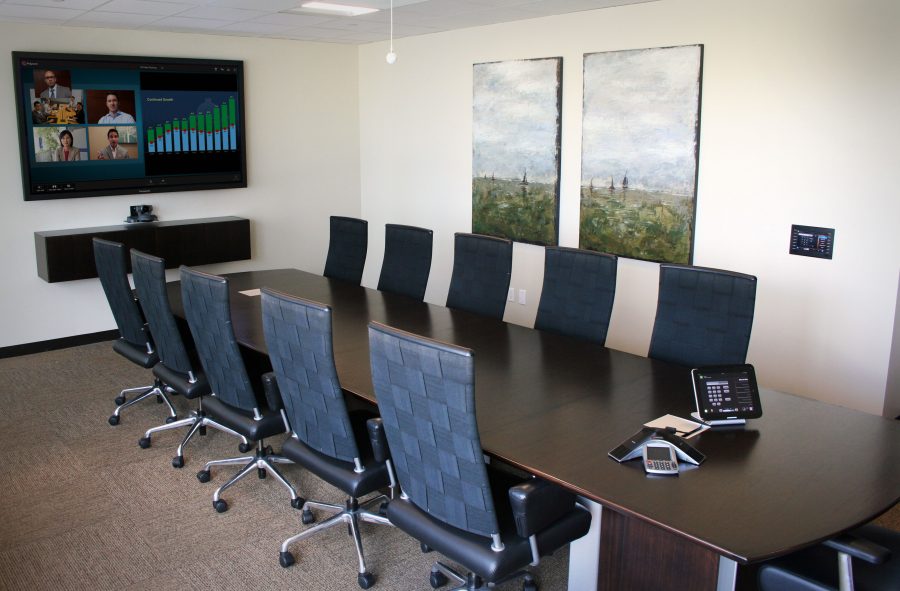Start With a Certified AV Firm
Installing AV equipment in a commercial setting is a challenge. Existing technology, the floorplan, old wiring or cable, room layouts and the building’s materials can all pose difficulties for the installer. A certified, experienced AV integrator knows how to spot potential obstacles and how to address them. AV technicians have plenty of certification opportunities to choose from, but the industry standard is offered by the Audiovisual & Integrated Experience Association (AVIXA). AVIXA is the AV industry’s leading training and certification organization and offers a certification track just for installers called the Certified Technology Specialist, Installation (CTS-I). During CTS-I training, the AV technician will learn a variety of concepts, including:- Executing installation processes and logistics
- Troubleshooting issues and creating solutions for those problems
- Maintaining communication with the client, the integrator’s designer and other installers in order to guarantee a smooth installation
- Maintaining equipment and work tools
- Performing all job tasks while observing safety protocols, codes, specifications and schematics
The Integrator Should Offer Ongoing Support After Installation
AV solutions may consist of dozens of components, along with the cabling needed to connect them all. That’s a lot of technology, and even if it is the best technology available, installed by the best technicians available, it will still require occasional maintenance. Choose an integrator that will offer ongoing technical support after the system is installed. The AV industry is becoming more and more competitive, and integrators are looking for ways to stand apart from their competitors. One way to do this is to formalize a maintenance agreement between the client and integrator. There are numerous benefits to this approach, including:• AV expertise that’s always available – Following AV installation, the care and oversight of the system is often left to the company’s IT personnel. This may prove to be a burden on IT, as the technology may not be familiar enough to properly maintain it. With a maintenance agreement, though, or on-site staffing, the integrator is always ready to provide assistance or insight into the company’s AV assets.
• Up to date AV initiatives – The AV industry advances quickly, and companies benefit when they keep their technology current. Without an integrator leading the way, it’s tough for most businesses to keep pace. When an integrator partners long term with their clients, they aim to correct this. Integrators, in conjunction with their client, can plan out tech refreshes years in advance, giving clients the time they need to budget and prepare for the new technology. The client gets budgeting flexibility and assurance that they will remain on the leading edge.
• Minimal downtime – The ultimate goal of partnering with an AV integrator is to ensure downtime never happens. According to Information Technology Intelligence Consulting (ITIC), one hour of downtime costs more than $100,000. For about 80 percent of companies surveyed by ITIC, a single hour of downtime costs more than $300,000. A third of respondents stated that one hour of downtime would cost their company at least $1 million.
Downtime is a problem for any business, even if it is contained to the company’s AV technology. When the system is unavailable, it has a major impact on how the company’s employees communicate, serve clients and execute initiatives. With a maintenance agreement, the integrator will provide technical assistance 24/7/365. Even better, an agreement that offers preventative maintenance will stop downtime before it emerges, by resolving technical issues before they threaten the network.



